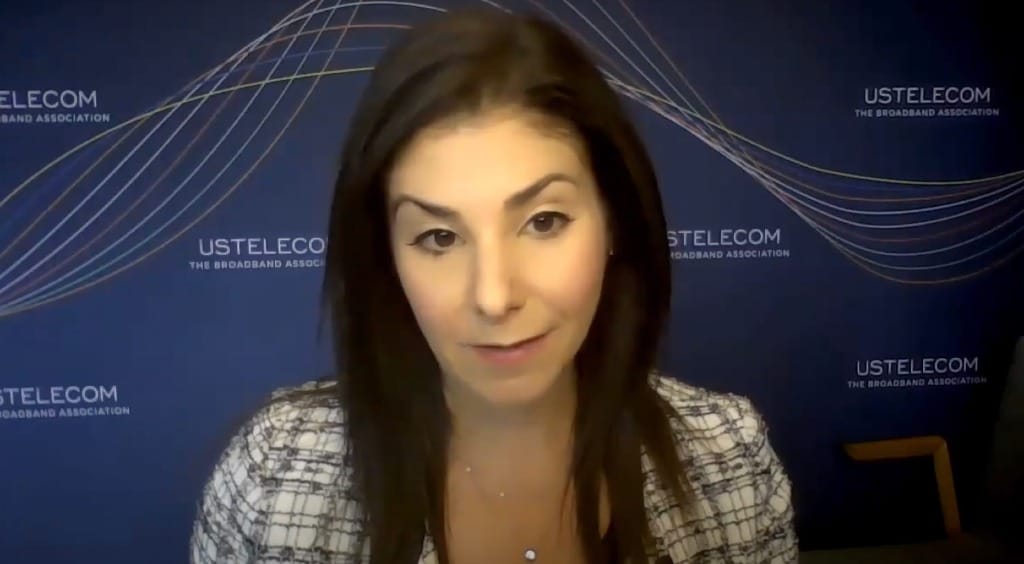WASHINGTON, August 4, 2025 – It has been a broadband paradox: States, cities, and towns desperate for quality broadband have themselves been the cause of delay. At least, that’s what many in the Internet Service Provider community believe.
A broadband trade group recently pinned the blame on state and local governments for stalling broadband infrastructure development, pointing to burdensome permitting processes and excessive fees.
In a letter sent to the Federal Communications Commission on July 31, USTelecom – The Broadband Association criticized permitting processes in several states, arguing they are driving up costs and delaying broadband deployment.
“Some states and localities have facilitated broadband deployment, recognizing the benefits it brings to their communities,” said Diana Eisner and Kathleen Slattery Thompson, Vice Presidents of Regulatory and Legal Affairs at USTelecom. “Other states’ and localities’ permitting processes have obstructed deployment.”
The letter highlighted lengthy and inconsistent permitting timelines, noting that in New York, broadband providers wait between 8 weeks and 6 months for permit approvals. Further, in Ohio, one provider was forced to abandon its deployment plans entirely after a municipality failed to respond to its permitting request.
The group also stated that permitting timelines vary within the same state. In Florida, providers reported that approvals take more than 90 days in two cities, while neighboring cities process permits within 60 to 90 days.
Based in Washington, D.C., USTelecom supports technology innovation that connects communities. Its membership includes: AT&T, Verizon, Lumen and hundreds of smaller broadband providers.
USTelecom also raised concerns about excessive permitting fees that are increasing costs. In Utah and Montana, providers pay fees based on gross revenue rather than actual costs for right-of-way (ROW) access. The group also called out Chicago for charging $100 per linear foot to lay fiber in city tunnels.
Other examples include Oregon, where franchise fees can reach 5% to 7% of a provider’s gross revenue and vary between providers. In the Pacific Northwest, one city sets right-of-way fees based on its own revenue needs rather than access costs.
“There is no consistent permitting methodology among states and localities for what information is required in permit applications between jurisdictions and no consistency on the costs imposed,” the letter stated. “Fees vary significantly between permitting entities, unmoored from actual costs. And different localities impose different requirements.”
USTelecom warned that if these burdensome permitting delays and arbitrary fees continue, more and more broadband providers will pull out of projects, leaving communities without high-speed internet.
